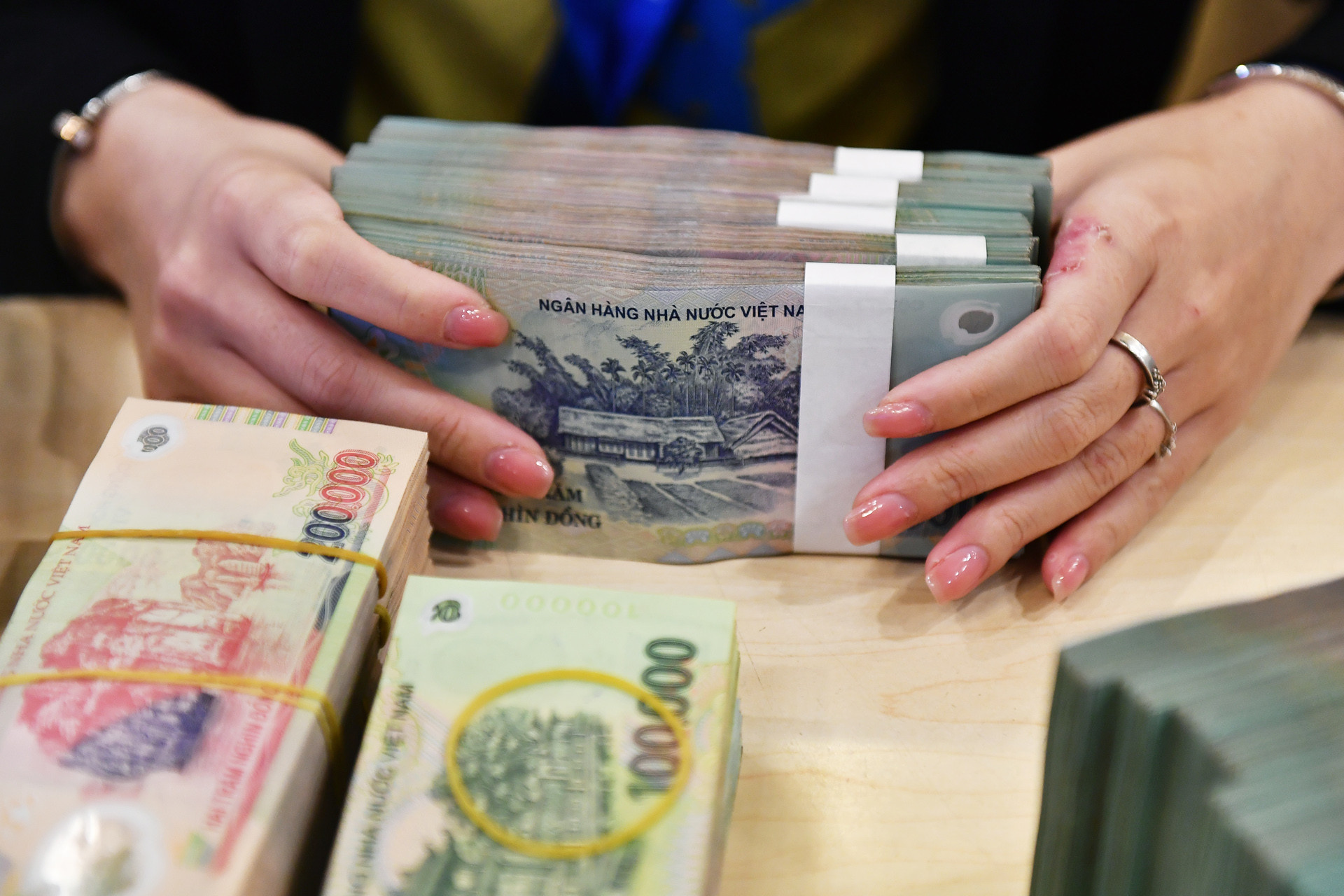
In his concluding remarks at the Conference on Promoting Bank Credit to Contribute to Economic Growth in Region 4 (4 (Phu Tho, Vinh Phuc, Ha Giang, Tuyen Quang, Lao Cai, and Yen Bai) on March 11, Tu confirmed that SBV always ensures liquidity for commercial banks, so the banks should not increase deposit interest rates to attract idle money.
At the end of February, there were signs of some banks starting to increase deposit interest rates, leading the Prime Minister to request the SBV to inspect those banks.
“Banks need capital and liquidity, so they raise deposit interest rates to attract more capital. However, in this case, we act flexibly by using operational tools, especially the refinancing tool, as well as the interbank market to address capital needs in the tier-2 market. Only when absolutely necessary should deposit interest rates be increased,” the Deputy Governor said.
The SBV representative affirmed that the watchdog agency will continue to manage interest rates and in a downward direction. In fact, interest rates in the Open Market Operations (OMO) have decreased over the past two days. However, the amount of reduction needs to be carefully calculated.
“SBV will also study how to lower interest rates appropriately. Reducing interest rates is not always good because interest rates are linked to exchange rates. A sharp drop in deposit interest rates will not attract depositors to banks,” he explained.
“On the other hand, if deposit interest rates rise, lending rates will increase too, which would not support businesses or meet macroeconomic goals,” he said.
For now, SBV aims to stabilize deposit interest rates and gradually reduce lending rates. This is a firm directive from SBV and will soon be included in the business plans of the four state-owned commercial banks (Agribank, BIDV, VietinBank, Vietcombank), forcing these banks to cut costs to enable lower interest rates.
These four banks alone account for about 50 percent of the market’s lending share.
“Once the four state-owned commercial banks reduce interest rates sharply, private commercial joint-stock banks, even small ones, will have to follow the move,” the Deputy Governor said.
“Of course, setting interest rates is the right of commercial banks because interest rates are the price of a commodity, and banks can decide deposit and lending rates. But in a common context, as the Vietnamese saying goes, ‘Cross the stream where it is shallowest,’ he added.
Besides calling for lower interest rates, SBV is using administrative measures to require commercial banks to always disclose lending rates publicly.
Tuan Nguyen